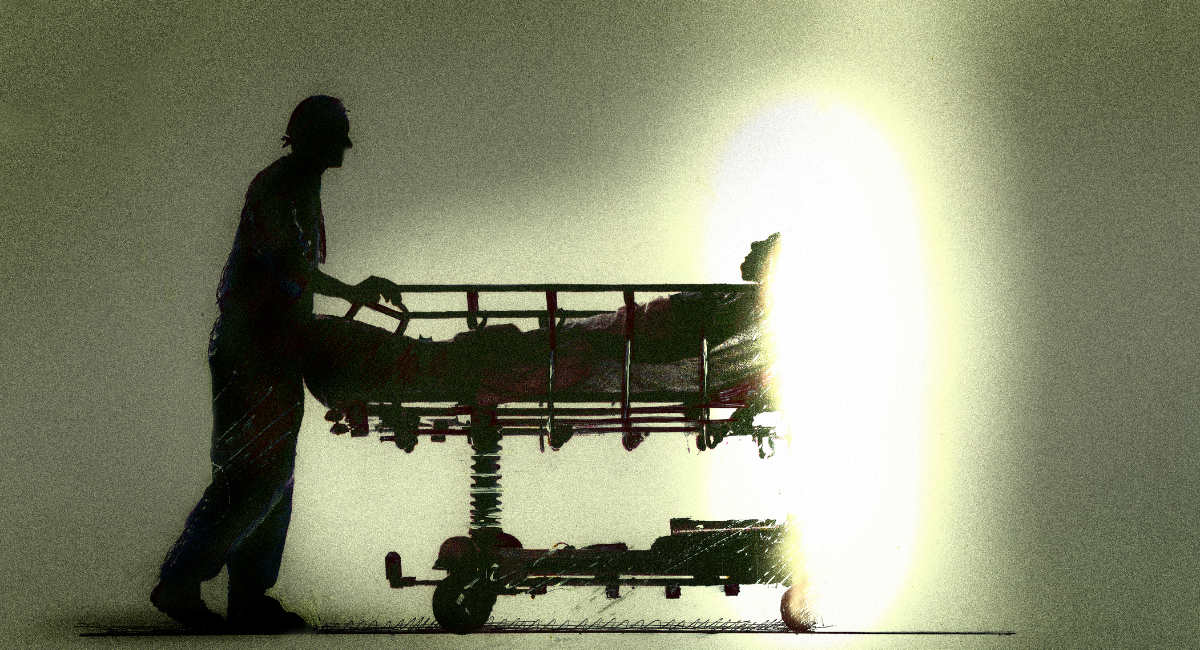(National Review) A little good news: Legalizing euthanasia for the mentally ill in Canada has been pushed back again, not because authorities think it is ethically twisted, profoundly negligent, and morally wrong — all of which are true — but because there are not enough mental-health professionals to decide which patients would be okay to kill. Oh, well. As they say, any port in a storm.
Meanwhile, the push to use suicidal people who ask for the lethal jab as sources of organs continues. Ontario’s organ-donation organization already contacts patients who are scheduled to be killed by their doctors to ask for their livers, kidneys, and spleens. And so, too, in Quebec.
From a Canadian Medical Association Journal study:
Before 2018, physicians were discouraged from mentioning the possibility of donation, but since 2018, physicians who provide MAiD are encouraged to discuss organ donation with eligible patients after the decision to pursue MAiD is finalized. If the patient expresses interest, the physician makes a referral to Transplant Québec.
At referral, patient information is given to Transplant Québec staff, who coordinate an initial evaluation of medical eligibility. . . . Assuming no medical contraindications, the coordinator at Transplant Québec explains the basics of donation after MAiD to the provider and patient. The 2 most notable changes to the MAiD process when donation is a possibility are the addition of organ eligibility testing (laboratory and imaging studies) and the fact that the MAiD process must occur at the hospital because the organs will no longer be perfused after circulatory arrest, requiring immediate organ recovery to avoid ischemic damage. These alterations are explained to the patient, who is given at least 24 hours to consider the process before being recontacted by Transplant Québec. Patients are also informed that acceptance of donation or not has no impact on access to MAiD services.
Notice that no attempt at suicide prevention is mentioned. The focus, once euthanasia is agreed upon, seems to be to get those organs.
And we want more:
Interactions between MAiD providers and donation specialists should emphasize the potential for donation after MAiD to ensure that all eligible patients are offered the opportunity to pursue donation.
Not find ways to help the patient want to remain alive.
The study concludes with pablum:
Patients considering MAiD are among the most vulnerable patients in the health care system as they have intractable diseases that cause them immense suffering. The desire of some patients to help others after their death must be honoured, but in doing so, donation professionals must assure the system respects their autonomy and dignity.
What does that even mean?
Conjoining euthanasia with organ-harvesting is apparently not in the least controversial among the medical leadership in Canada — even though the potential to donate organs could become an inducement to ask to be killed. And remember: In Canada one need not be terminally ill to receive a lethal jab — meaning that people who could live for years can instead be killed and have their organs harvested.
The fact that medical associations have not screamed in protest tells us how easily people can come to be viewed as so many organ farms.
Editor’s Note: This article was published at National Review and is reprinted here with permission.







